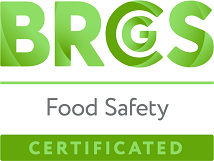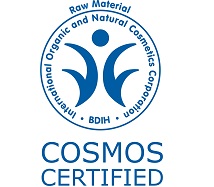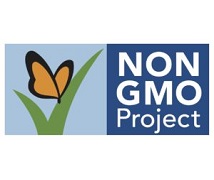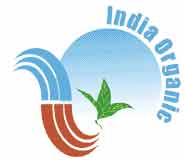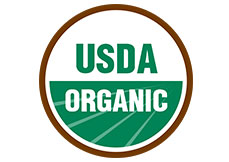
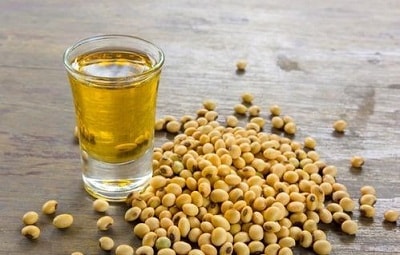
Organic Soya Lecithin
The indiscriminately use of fertilizers and pesticides in agriculture can have severe impact on human health ranging from toxicity and deadly diseases. We at ARYAN, are committed to address this challenge by working towards the organic food which uses herbal plants based extracts and adopts phytoremediation for removal of hazardous substances and toxic metals. For last two decades, our group has been involved in the production of Organic botanical extracts, organic essential oils, organic edible oil, organic spices, organic starch, organic flours, organic seeds.
Soy lecithin is a natural substance that is extracted from soybeans. It is a type of phospholipid, a type of fat molecule that is essential to the structure and function of cell membranes in the body. Soy lecithin is used in a variety of products, including food, cosmetics, and industrial applications owing to its emulsifying, stabilising, and texture-enhancing properties.
It is produced by extracting oil from soybeans and then separating and purifying the phospholipids from the other components of the oil. The resulting lecithin is a yellow-brown, oily liquid that has a mild, nutty flavour. It is commonly used as an emulsifier, which means it helps to mix and stabilise ingredients that would normally separate, such as oil and water.
Lecithin occurs naturally in a number of foods, including organ meats, red meat, seafood, eggs, and various vegetables and legumes.
Lecithin is used in beverages, powdered mixes, frozen desserts, nutritional drinks, meats, sauces, soups, and gravy mixes
A typical tablespoon of liquid soy lecithin contains approximately:
- Calories: 120
- Total Fat: 14 g
- Saturated Fat: 5 g
- Trans Fat: 0 g
- Polyunsaturated Fat: 8 g
- Monounsaturated Fat: 5 g
- Cholesterol: 0 mg
- Sodium: 0 mg
- Total Carbohydrates: 0 g
- Protein: 0 g
- Choline: 70 mg
Benefits of Soya Lecithin
Lowers cholesterol
The most well-known benefit trusted source of lecithin is its ability to lower cholesterol. Researchers have discovered that soybean lecithin can contribute to raising HDL (good) cholesterol and lowering LDL (bad) cholesterol in blood profiles. Soy protein provides an extra boost for people using it to treat cholesterol because of other components.
2. Improves heart health
Lecithin that comes from soy can improve cardiovascular health, especially if you’re already at risk of developing high blood pressure or heart disease. This is according to a small study in which participants were given soy products including lecithin additives.
Since soy is complicated to digest, it takes your body longer to break soy products down. For some people, this works to make them feel more full after consuming it.
3. Soothes and moisturizes skin
Lecithin is in the ingredients of some skin care products. It’s used as an emollient, making skin feel smooth by restoring hydration. In most of these products, the kind of lecithin used is called hydrogenated lecithin. There’s not a lot of evidence that lecithin, when used alone, can cure acne and eczema — although some people use it for that. Taking lecithin capsules could theoretically improve your skin, since it tones and stimulates other parts of your body, but we don’t know for sure.
Precautions
1. Allergies
Most people with a soy allergy are allergic to soy proteins. Experts say there are no soy proteins in soy lecithin, but those with an allergy to soy may still want to avoid it.
Lecithin may cause some minor digestive side effects, including stomach aches and diarrhea. Additionally, as with any supplement, women who are pregnant or breastfeeding should contact a medical professional before taking any supplements that contain lecithin.
2. Drug Interactions
Soy lecithin may interact with certain medications, such as blood thinners, blood pressure medicines, or cholesterol-lowering drugs. Therefore, it is important to consult with a healthcare professional before taking soy lecithin supplements if you are taking any medications.
Search Products
- Organic Botanical Extract
- Organic Cereals
- Organic Edible Oils
- Organic Emulsifiers
- Organic Essentials Oils & Extracts
- Organic Fatty Acids
- Organic Flours
- Organic Formulations
- Organic Herbs
- Organic Minerals
- Organic Nutraceuticals
- Organic Nuts
- Organic Oil Seeds
- Organic Pulses
- Organic Special Products
- Organic Spices
- Organic Starch
- Organic Vitamins

